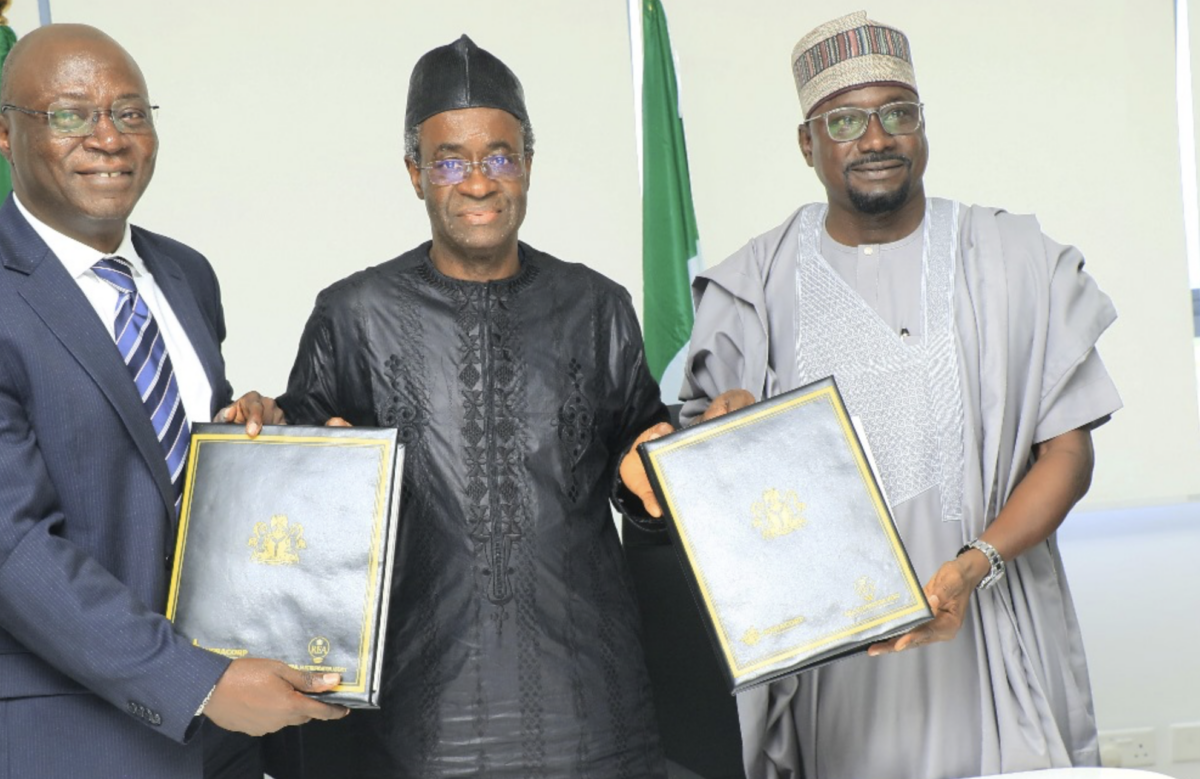Nigeria is set to establish a 1 GW solar panel factory through a partnership involving the Rural Electrification Agency (REA), the Infrastructure Corporation of Nigeria, and Dutch solar manufacturer Solarge BV. This initiative aims to boost renewable energy production and enhance electricity access across the nation.
A New Era for Renewable Energy in Nigeria
The collaboration marks a significant step in Nigeria’s commitment to renewable energy. Under the leadership of Abba Aliyu, the REA has been at the forefront of promoting sustainable energy solutions. The establishment of the solar panel factory will not only increase local solar production but also create jobs and stimulate economic growth.
The planned factory will focus on producing solar panels domestically, reducing Nigeria’s reliance on imported solar technology. This shift is essential for building a self-sufficient energy sector. Additionally, local production of solar panels can lower costs and make renewable energy more accessible to Nigerians.
The initiative aligns with Nigeria’s broader energy goals, which include increasing electricity generation and expanding access to clean energy. By investing in solar technology, the country aims to diversify its energy sources and reduce its carbon footprint. This factory will play a critical role in achieving those objectives.
Economic and Environmental Benefits
The establishment of a 1 GW solar panel factory will have numerous economic and environmental benefits. Firstly, it is expected to create thousands of jobs in manufacturing, installation, and maintenance. This job creation is vital for addressing unemployment rates and boosting local economies.
Moreover, the factory will contribute to Nigeria’s renewable energy targets by significantly increasing solar capacity. With abundant sunlight, Nigeria has immense potential for solar energy generation. Harnessing this resource effectively can enhance energy security and reduce dependence on fossil fuels.
The environmental benefits of this initiative are also noteworthy. By promoting solar energy, Nigeria can take meaningful steps toward combating climate change. The shift to renewable energy sources will help reduce greenhouse gas emissions and promote sustainable development.
In conclusion, Nigeria’s plan to establish a 1 GW solar panel factory represents a significant milestone in its renewable energy journey. With the leadership of the REA and collaboration with Solarge BV, the country is poised to enhance its energy landscape. This initiative not only promises economic growth but also supports Nigeria’s commitment to sustainable and environmentally friendly energy solutions.




